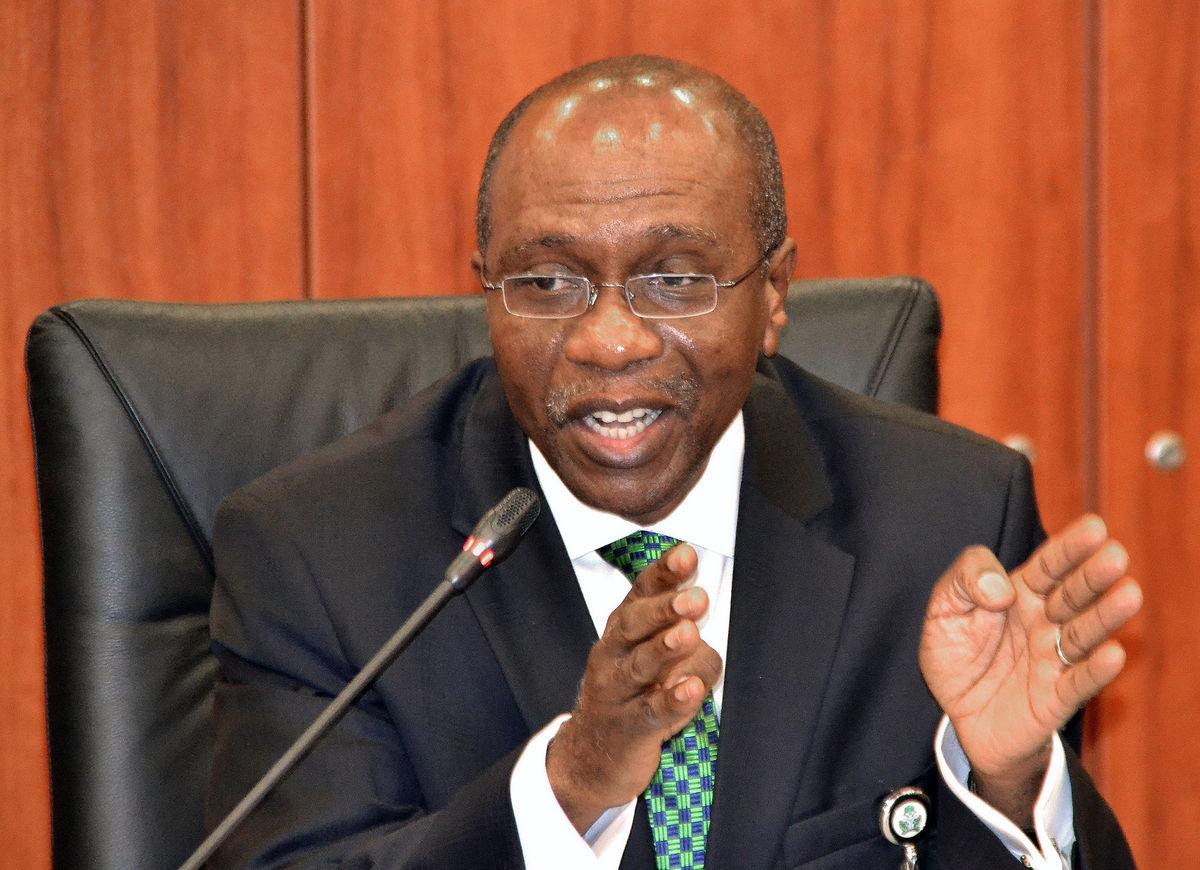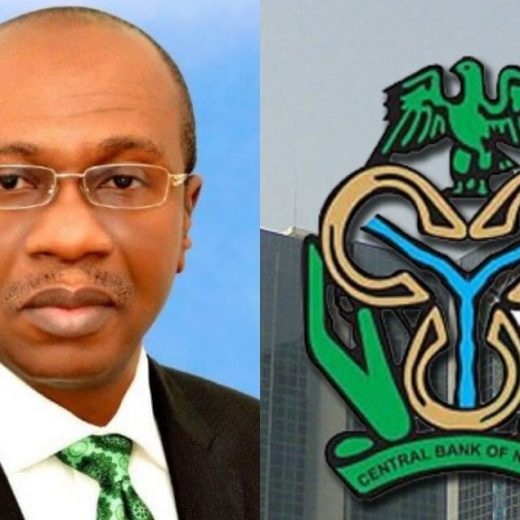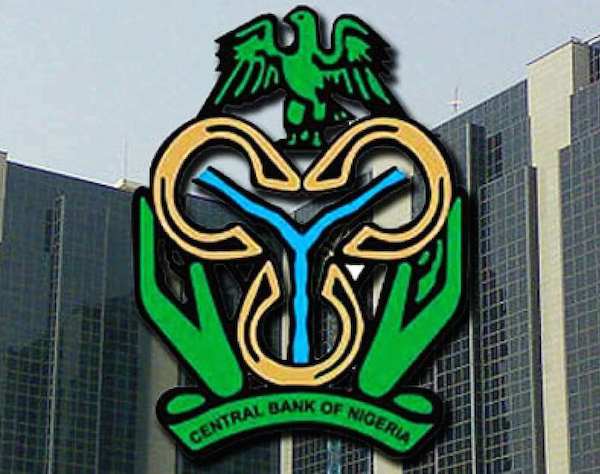By ANDREW OJIEZEL
The Senate on Tuesday, June 6 indicted the Central Bank of Nigeria (CBN) and activities of commercial banks of strangulating Small and Medium Enterprises (SMEs) with its various policy summersaults.
The upper chamber also claimed that a cartel has effectively taken over the control of commercial banks in the country to the disadvantage of the growth of the economy and small businesses operating in Nigeria.
Deputy Senate Leader, Senator Bala Ibn Na’Allah, who made the accusation while contributing to a motion on “the dire need for a stakeholders round table to address increasing interest rates in Nigeria” sponsored by Senator Rafiu Adebayo Ibrahim (Kwara south), asked why interest rates in Nigeria remained high despite the fact that the country is yet to get out of its economic recession.
The lawmakers pointed out that the cartel allegedly running the commercial banks in connivance with the CBN, refused to review the interest rates downwards to reflect the economic situation of the country.
“The banks are run by a powerful cartel. They do what they like and jerk up interest rates. Over the years, we have seen the exchange rates go up, but it is not the same in other economies of the world. Nigeria has the most unpredictable economy in the world and we have to be worried about this.”
Senator Ibrahim in his lead debate noted that the current Monetary Policy Rates (MPR) of 14 per cent has remained high compared to other developing nations such as Brazil which has 10.25 per cent Kenya 10 per cent, South Africa 7 per cent, Rwanda 6.25 per cent, Bangladesh 6.75 per cent, Botwana 5.50 per cent and many West Africa countries with single digit rates.
He said that despite all the negative indices, banks continued to declare huge earnings and profitability which as at 31st March 2017 increased significantly by 151.02 per cent while profit before tax (PBT) stood at N186.155 trillion as against N74.160 trillion in December 2016.
He further expressed worry that the reported explosive increase in net credit to the government in April, 2017 annualized to 72 per cent compared to a programmed rate of 33.12 per cent for the year and significant decline in credit to the private sector below 14.88% target for 2017 portend grave challenge for future macroeconomic stability if allowed to entrench, crowding out private sector borrowing from the economy.
The Senate mandated its committee on Banking, Insurance and other Financial Institutions to organise a round-table session with the CBN, commercial banks, Nigerian Deposit Insurance Corporation (NDIC), other relevant stakeholders and industry experts with a view to finding immediate, sustainable and lasting solutions that would help usher in a new interest rate regime that supports enterprise development in Nigeria.

 Entertainment5 days ago
Entertainment5 days ago
 Health1 week ago
Health1 week ago
 Health4 days ago
Health4 days ago
 Football1 week ago
Football1 week ago
 Football1 week ago
Football1 week ago
 Crime4 days ago
Crime4 days ago
 Crime1 week ago
Crime1 week ago
 Education6 days ago
Education6 days ago









